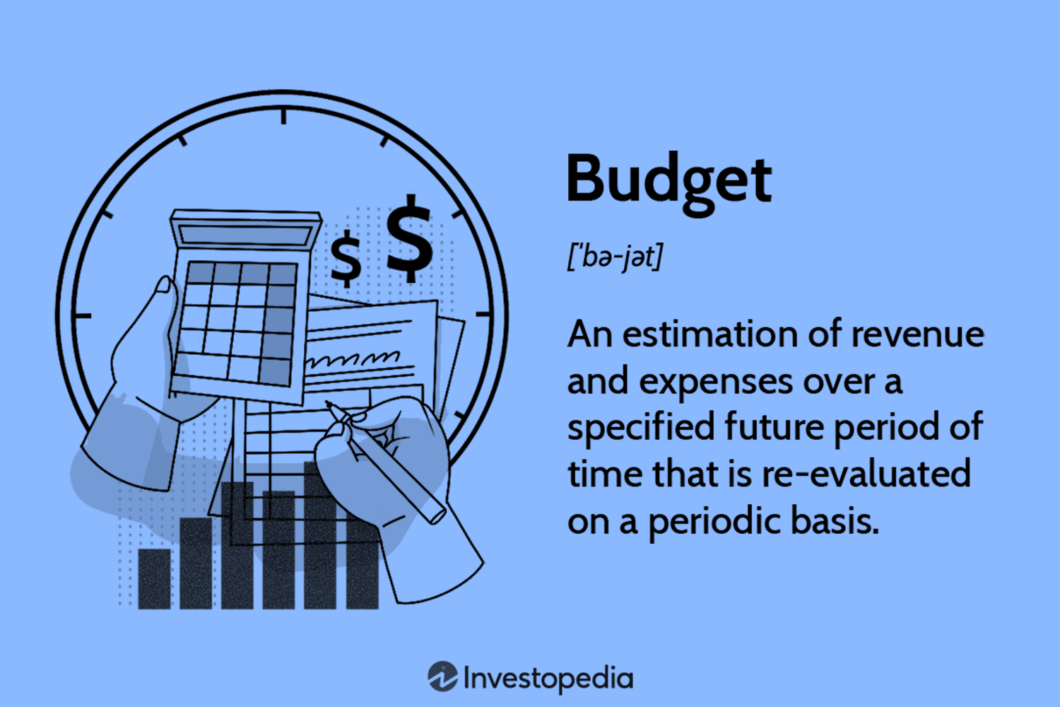
As college students begin to navigate the world of adulthood, budgeting can become a stressful and overwhelming task. To help make the process easier, here are some useful budgeting tips specifically tailored to college students. It’s important to set up a tracking system for income and expenses. Students should take into account all sources of income, such as loans, grants, scholarships, or part-time jobs, and create an organized system for keeping track of what comes in each month. Additionally, they should use this system to track expenses such as rent payments, textbooks, or other necessary items throughout the semester.
List Of Budgeting Tips For College Students
- Track Your Spending
- Set Long-Term Financial Goals
- Build Credit Into Your Budget
- Create an Income Source
- Spend Below Your Means
- Keep Searching for Scholarships
- Set Aside Savings
- Track Your Spending
Budgeting is essential for college students who want to make the most of their money. Tracking your spending is the most effective budgeting tip that all college students should use to become financially responsible. It will help you stay within your allocated budget and teach you how to manage best and save your money in the long run. You may be interested in this post also: Mental Health Tips For Students
Tracking expenses doesn’t have to be complicated or time-consuming; there are many accessible tools available online, such as budget worksheets, apps, and software programs designed specifically for tracking spending. Using these tools allows you to input financial data easily. Additionally, it helps identify areas where unnecessary spending has occurred so that adjustments can be made to reach financial goals faster.
- Set Long-Term Financial Goals
Setting long-term financial goals is the budgeting tip for college students. College is when many young adults learn how to manage their finances and develop good habits that will stay with them throughout their lives. It’s important to have an idea of what you want your financial future to look like, and the best way to do this is by setting long-term financial goals. Clear objectives help college students understand how to adjust spending or saving habits to reach these goals.
Creating a budget each month is an important part of achieving long-term goals. It will allow you to track expenses and make adjustments as necessary during the academic year so that you can save money for big expenses such as tuition or textbooks or plan for upcoming holidays or vacations.
- Build Credit Into Your Budget
College is an exciting and important time for students as they enter adulthood and build their financial futures. One of the essential budgeting tips for college students is to incorporate building credit into their budget. Establishing good credit can help students secure lower loan interest rates, better qualify for rental applications, and even improve job opportunities after graduation.
College students must take advantage of all the resources available to them to get started on building credit. Credit cards offer a great way for college students to begin establishing or improving their credit scores; however, they must use them responsibly by only spending what they can afford and making payments on time each month. Additionally, there are also student loan options available which help establish good credit when payments are made consistently over time.
- Create an Income Source
In the face of rising tuition costs, college students must find ways to supplement their income to make ends meet. Creating an income source is a great way for college students to stay on top of their finances and avoid taking on too much debt. Budgeting provides a useful framework for understanding where money needs to go and how best to allocate resources when creating an income source.
For college students, budgeting can be as simple as setting up a spreadsheet or tracking expenses in a notebook. Setting aside monthly money for living expenses can help ensure that funds are available when unexpected bills arise. Additionally, budgeting can provide insight into areas. Creating an income source requires planning and discipline, but it is well worth the effort in the long run.
- Spend Below Your Means
Living on a budget as a college student can be tough, but it’s also essential for financial success. The best budgeting tip that college students should follow is to spend below their means. It means spending less money than you have in your bank account or taking out fewer loans that will take years to pay back after graduation.
This budgeting tip involves creating and sticking to a monthly budget that sets realistic limits for spending and saving each month. College students should track their expenses, compare prices when making purchases, and save at least 10% of any income they receive. Additionally, college students should keep an emergency fund in case unexpected costs arise, like medical bills or car repairs.
- Keep Searching for Scholarships
For college students, it cannot be easy to finance their studies. Managing the budget can seem impossible with rising tuition fees and high living costs. However, one essential tip for college students is to keep searching for scholarships. Scholarships provide a great way for students to receive money for their studies without worrying about repaying them later.
The key is to start looking early and never give up. Many scholarships are offered by companies or organizations with specific eligibility criteria, so make sure you read all the requirements before applying. Also, consider other types of financial aid, such as grants and loans, as these may help too.
- Set Aside Savings
As college students, budgeting is an essential skill to master for financial success. One of the most important budgeting tips for college students is to set aside savings. Setting aside a small portion of your monthly income can help you build up a safety net or emergency fund that can be used later down the road. It will also help you get into good spending habits and prevent you from making impulsive buys with your hard-earned money.
Saving for the future should be prioritized when budgeting, as this will ensure financial security in years to come. Setting aside monthly savings allows you to work towards achieving your long-term goals, such as retirement, while still having enough money left over at the end of the month for all of your other expenses, like books and living costs.

